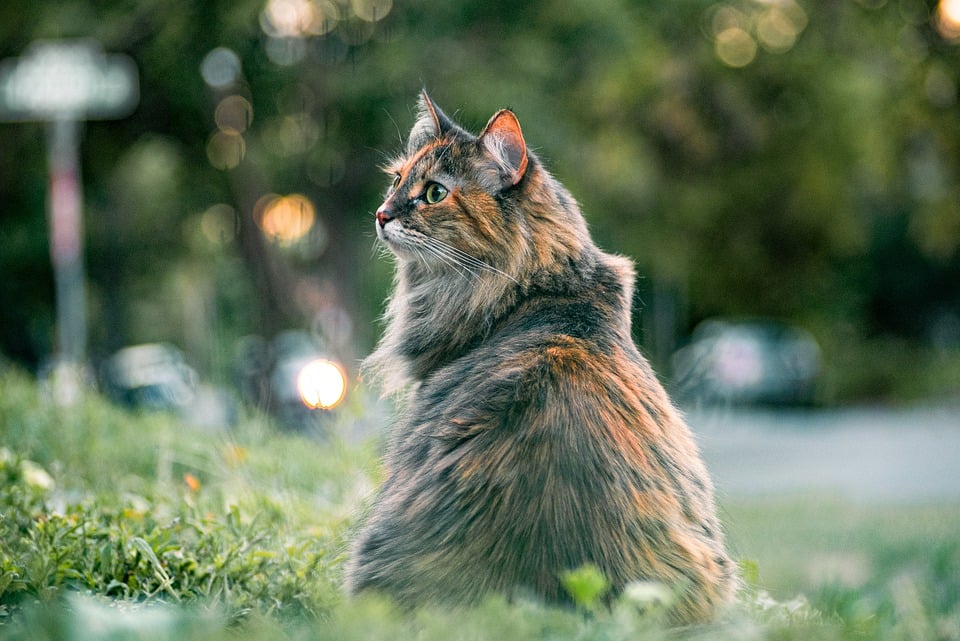The Olympics have always been a platform for showcasing the best athletes from around the world, but one aspect of the games that often sparks controversy is the inclusion of equestrian events. Some view these events as a beautiful display of the bond between horse and rider, while others see them as a form of animal cruelty. To delve deeper into this debate, we sat down with Steuart Pittman, a renowned equestrian and advocate for horse welfare, to decode the role of horses in the Olympics.
Pittman, who has competed in numerous equestrian events himself, believes that horses at the Olympics are not being mistreated, but rather are elite athletes in their own right. He emphasizes the rigorous training and care that goes into preparing these horses for competition, stating that they are treated with the utmost respect and consideration for their well-being.
One of the key arguments against equestrian events at the Olympics is the use of forceful training methods, such as harsh bits and spurs, to control the horses. However, Pittman refutes this claim, explaining that modern training techniques focus on positive reinforcement and building a trusting relationship between horse and rider. He believes that the bond between horse and rider is essential for success in equestrian sports and that any form of cruelty would be counterproductive.
In addition to training methods, another concern raised by critics is the physical strain that competition puts on horses. Pittman acknowledges that equestrian events can be demanding, but he stresses that horses are bred and trained specifically for these disciplines. He points out that horses are incredibly resilient animals and are capable of performing at the highest level with proper care and conditioning.
Furthermore, Pittman highlights the strict regulations and veterinary oversight that govern equestrian events at the Olympics. Horses undergo thorough health checks before and during competition to ensure their well-being, and any signs of distress or injury result in immediate intervention. He believes that these measures demonstrate a commitment to the welfare of the horses and uphold the integrity of the sport.
Ultimately, Pittman sees equestrian events at the Olympics as a celebration of the partnership between horse and rider, showcasing the athleticism and grace of both. He hopes that by educating the public about the care and dedication that goes into training these horses, more people will come to appreciate the beauty of equestrian sports and the bond between humans and animals.
In conclusion, the debate over animal cruelty versus beautiful sport in equestrian events at the Olympics is a complex and nuanced issue. While there are valid concerns about the welfare of horses, advocates like Steuart Pittman argue that with proper training, care, and oversight, these animals can thrive in the competitive arena. By shedding light on the practices and principles that guide equestrian sports, we can foster a greater understanding and appreciation for the role of horses in the Olympics.





